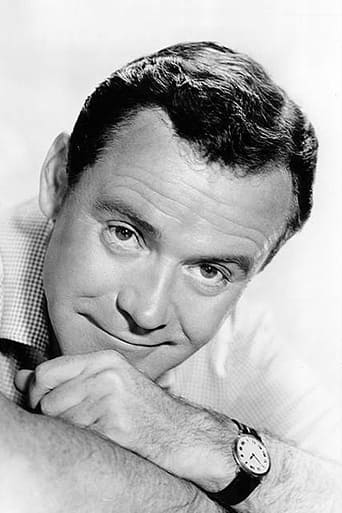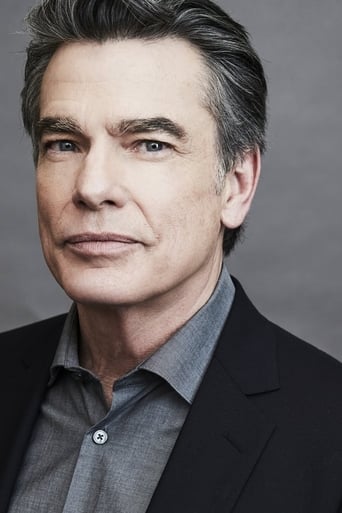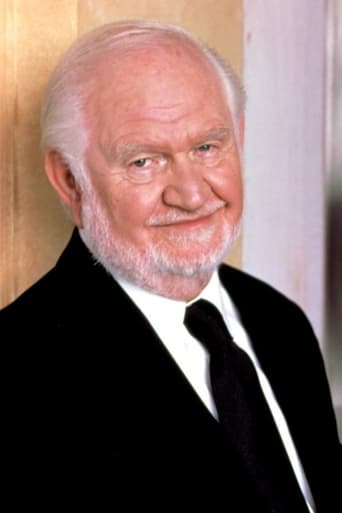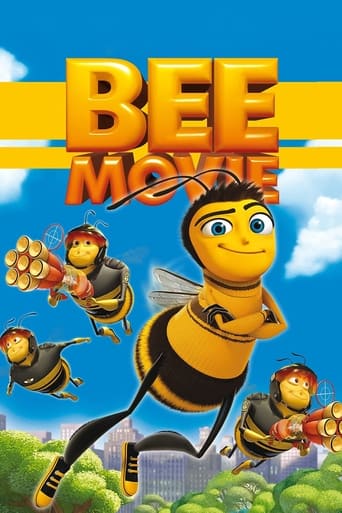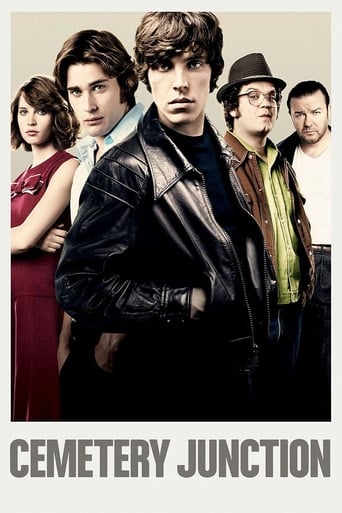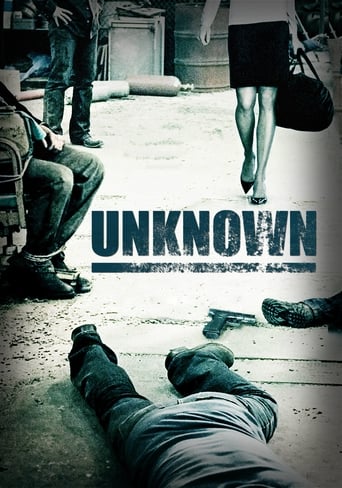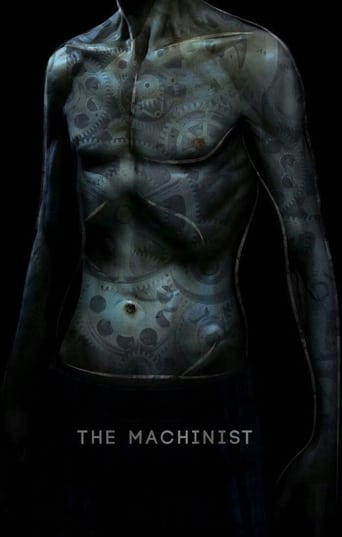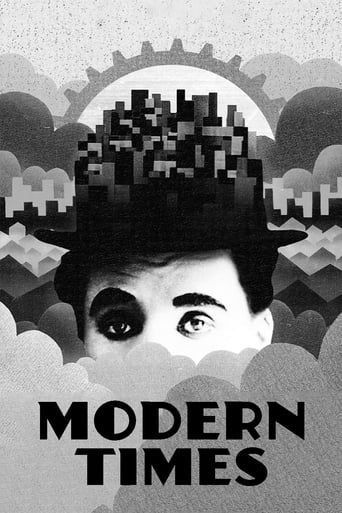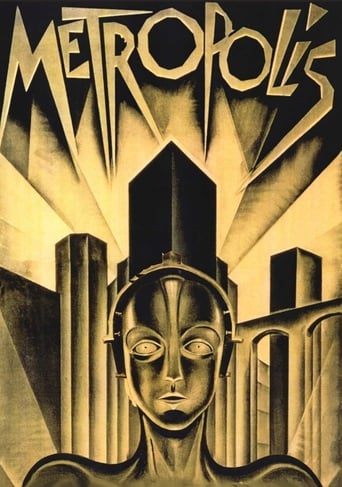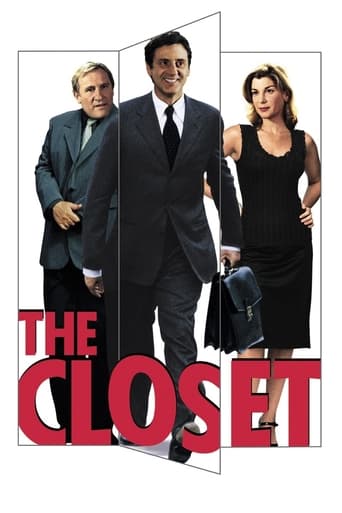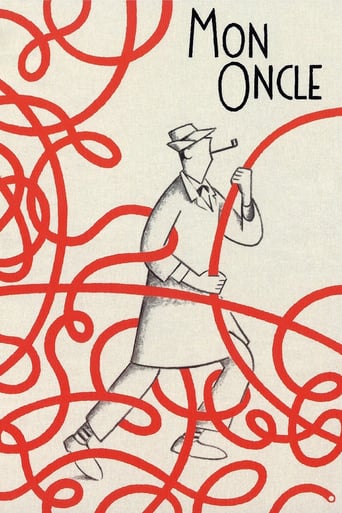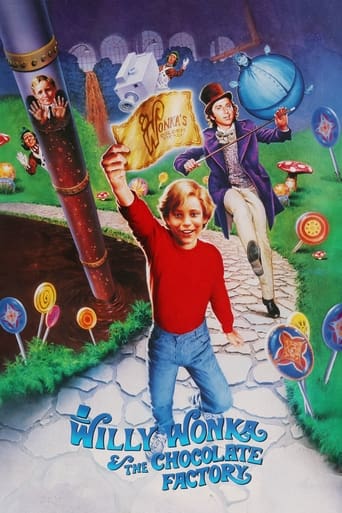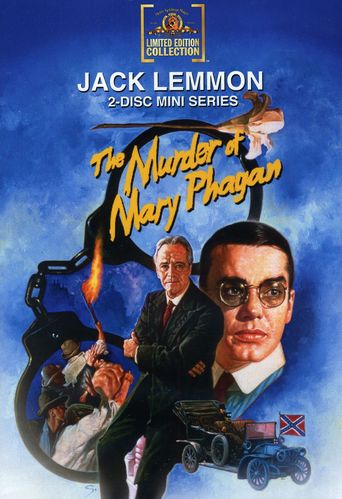

The Murder of Mary Phagan (1988)
The Murder of Mary Phagan, a 1987 two-part TV miniseries made by Orion Pictures Corporation and distributed by National Broadcasting Company (NBC), is a dramatization of the story of Leo Frank, a factory manager charged and convicted with murdering a 13-year-old girl, a factory worker named Mary Phagan, in Atlanta, Georgia in 1913. The trial was sensational and controversial. After Frank's legal appeals had failed, the governor of Georgia in 1915 commuted his death sentence to life imprisonment. In 1915 Frank was kidnapped from prison and lynched by a small group of prominent men of Marietta, Georgia. The film features Jack Lemmon, Kevin Spacey, Rebecca Miller, Charles Dutton, Peter Gallagher, Cynthia Nixon, Dylan Baker, and William H. Macy.
Watch Trailer
Cast


Similar titles
Reviews
Based, more or less, in real events in 1913. Mary Phagan, a young girl who works in an Atlanta pencil factory, is found raped and murdered. The ambitious prosecutor (Jordan) manages to pin it on the factory's manager, Leo Frank (Gallagher), who happens to be a happily married Jew. Frank is convicted and sentenced to hang, based mostly on the testimony of a black factory worker (Dutton) and some help from other girls who seem to want their pictures in the paper.Should the governor (Lemon) commute the sentence to life imprisonment? Well -- yes and no. "Yes", because Lemon's own investigation reveals that Dutton has lied and the defense was practically incompetent so there is more than enough room for reasonable doubt, if not for Gallagher's innocence."No", because practically everybody in Georgia wants to see Gallagher get hanged. A commutation would kill Lemon's chances for the senate seat and assure him of complete obscurity.Lemon's is the most interesting character because he's in a conundrum of the sort that psychologists call an approach/avoidance conflict and Immanuel Kant would have seen as a choice between a categorical imperative (what's the moral thing to do?) and a hypothetical imperative (what's in it for me?). As Leo Frank, Gallagher is a tragic figure, a nice Jewish boy from Brooklyn who seems to have been railroaded by tribal sentiments, but he has no choice in the matter. He's like a guy who's just been run over accidentally by a car. Too bad. But Lemon is like the driver of the car who can take off at high speed or stop and face the consequences.It's a well-done TV movie with high production values -- great big ballrooms with balconies, lavish sets, hordes of extras, nifty writing and direction that doesn't shove the tragic or violent moments in our faces. Never -- never -- does the viewer see the jury foreman get to his feet and solemnly say, "Your honor, we find the defendant, Leo Frank, guilty of murder," as the camera zeroes in on the foreman's unshaven, redneck face. That's just one of many clichés avoided.And what a cast! Lemon, Gallagher, Kevin Spacey in a minor role, Bill Macy in an even smaller part, Paul Dooley, Robert Prosky, Cynthia Nixon. Among the best performances are those of Charles S. Dutton as a sly and savvy liar and Loretta Devine as the girl he flirts with in the jail. Frank's wife is played by Rebecca Miller, whose beauty combines conventional prettiness with elegance. And a musical score by Maurice Jarre that evokes the hymn, "What A Friend We Have In Jesus." I assume the use of the religious tune is meant to be ironic because, at the end, the good church-going folk string up Leo Frank and kill him.
I can't believe I don't know anything about this event in US History, but then there are so many examples of southern racist idiocy and violence in US history, it's kind of hard to keep up with them all.I've never even heard of this movie despite it including major actors like Jack Lemmon and Kevin Spacey because it makes Georgians and Southerners look, well, not too good is putting it mildly.Rural racists wrongly accuse a Jewish factory manager of murder, and railroad him using testimony from the actual murderer, a criminal with a long record, then hound a governor who commutes his sentence out of the state, and then they lynch the man after his sentence has been commuted. See the sequel to more of the lovely legacy of this wondrous part of the nation in Mississippi Burning. Makes you shudder to think of what it would be like to get railroaded by a gang of low-IQ violent morons. Read up on the real event online - its horrifying. The movie is not just based on a true story, it is the true story, sorted out 70 years after the fact.Technically a great movie. All the leads deliver great performances, and I always enjoy watching Jack Lemmon speak for good and justice. The movie is a lot fairer to the lynchers than it had to be. There isn't a conservative network or major channel out there that wants this film broadcast again, but thank the THIS channel for being a great venue of alternative (once mainstream) films of the past. I really appreciate that channel. Too much in fact, it's distracting me regularly.
This was a spectacular movie. I don't know where to start. I saw this on TV back in 1988 and taped it and watched it over and over. It is a facinating true story about a Brooklyn born jewish man Leo Frank, who is accused of raping and murdering a young southern girl working in the pencil factory he manages in Atlanta.The true case takes on epic proportions as a firery battle ensuses as political power, prejudice and fallout from the civil war, seek to destroy a man who is almost certainly innocent - and destroy anyone who tries to help him.Even more intersting than the trial is the second half of the story. The Governor (Jack Lemon) tries to give Leo Frank a fair chance at justice and is forced to fight his lifelong friends who have political ambitions of their own - and may destroy his entire life in the attempt.It's an excellent movie to show to children to teach them about character and doing what is right in the face of impossible odds - to show to history class and just for anyone who has any interst in history or drama!
Just finished reading "And the Dead Shall Rise", the book about the murder of Mary Phagan and the Lynching of Leo Frank. I thought the film did a great job at attempting to bring the story to the film medium, even accepting the dramatic license that the film-makers took (had to take, really) to fit the story into 4 hours.Being a transplanted Yankee, and now a resident of Atlanta, I thought the filmakers did a terrific job at trying to get the nuances (sp) of the South across. Atlanta is a wonderful place to live, but the echos of past prejudices can be seen and heard in her history.This film, attempts (and succeeds more often than not) to show the mentality of the almost-next-generation-after-the-civil-war populace. Many of whom disparaged all people of color, races other than white, and (perhaps even more so) Yankees. Then there is poor Leo Frank, a Yank and a Jew. The singing of hymns and the song about Mary Phagan, mentioned in one other review, was believable to me. I've lived in Mississippi, Texas and now Georgia, and I find it historically accurate from what I've experienced of the South. I think it would have added a deal to illustrating this if the producers had included some of the hideously vile comments from Watson's newspapers during the events of the time. There was some incredible stuff printed and bought up - ate up - by the majority of the people of Georgia. Watson had SO much to answer for.I recomend the film, but would add that a reading of the book (mentioned above) before viewing it would add to the viewer's appreciation as well as provide in-depth background to the telling of the tragedy. As well, the book adds more about the identities of the famous and infamous involved in the trial and lynching. Moreover, there are a few 'heroes' who did quite a bit in the interest of justice that seem to have been rolled into single characters for the sake of movie-making. You learn more about all of these people, too. And the rise of the New KKK and Jewish Anti-Defamation League from the results of what happened in Georgia. The worst of the short-cuts that the movie took, IMO, was the way they had the lynch party seem to give Leo Frank dignified treatment after they hanged him. Truthfully, they left him there, and more than 3000 people rushed to the site the next day - many having their pictures taken with his body still hanginh there. Finally, after his shirt sleeves were cut off as souvenirs, (and more attempted) the killers moved him, succeeding only after one rather rabid man had smashed the dead mans's face with his boot heel several times.But all-in-all, a faithful as Hollywood ever gets it, telling of the story.


